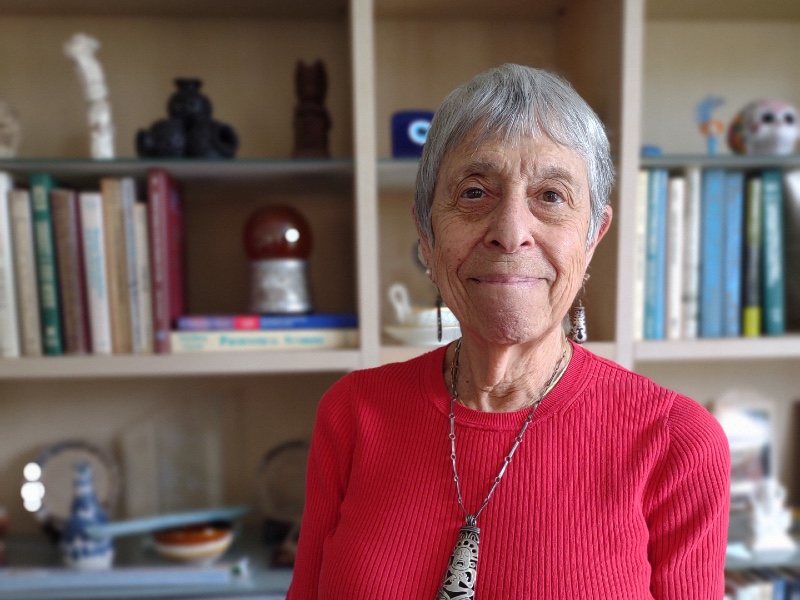Ruth Macklin, PhD, is Distinguished University Professor Emerita at Albert Einstein College of Medicine. Professor Macklin’s areas of expertise include research ethics, clinical ethics, reproductive health ethics, global health ethics, and public health ethics.
Explore the Collection
- Anita Allen, JD, PhD
- Lori Andrews, JD
- George Annas, JD, MPH
- Margaret P. Battin, PhD
- Tom L. Beauchamp, PhD
- Arthur L. Caplan, PhD
- Alexander Capron, LLB
- R. Alta Charo, JD
- James F. Childress, PhD
- Larry Churchill, PhD, MDiv
- Robert Cook-Deegan, MD
- Rebecca Dresser, JD, MS
- Ruth R. Faden, PhD, MPH
- Alan Fleischman, MD
- Norman Fost, MD, MPH
- Vanessa Gamble, MD, PhD
- Samuel Gorovitz, PhD
- Brad Gray, PhD
- Patricia King, JD
- Loretta M. Kopelman, PhD
- Bernard Lo, MD
- Ruth Macklin, PhD
- Laurence B. McCullough, PhD
- Gilbert Meilaender, PhD, MDiv
- Steven Miles, MD
- Jonathan Moreno, PhD
- Thomas H. Murray, PhD
- Susan Sherwin, PhD
- LeRoy Walters, BD, MPhil, PhD
- Rueben Warren, DDS, DrPH
- Daniel I. Wikler, PhD
- William J. Winslade, JD, PhD
- Laurie Zoloth, PhD
Ruth Macklin, PhD
Ruth Macklin, PhD
Distinguished University Professor Emerita,
Albert Einstein College of Medicine

You can find full audio, transcript, and other materials in the Moral Histories Archive.
Johns Hopkins University holds all rights, title, and interests to these records, including copyright and literary rights. The records are made available for research use. Any user seeking to publish part or all of a record in this collection must seek permission from the Ferdinand Hamburger University Archives, Sheridan Libraries.